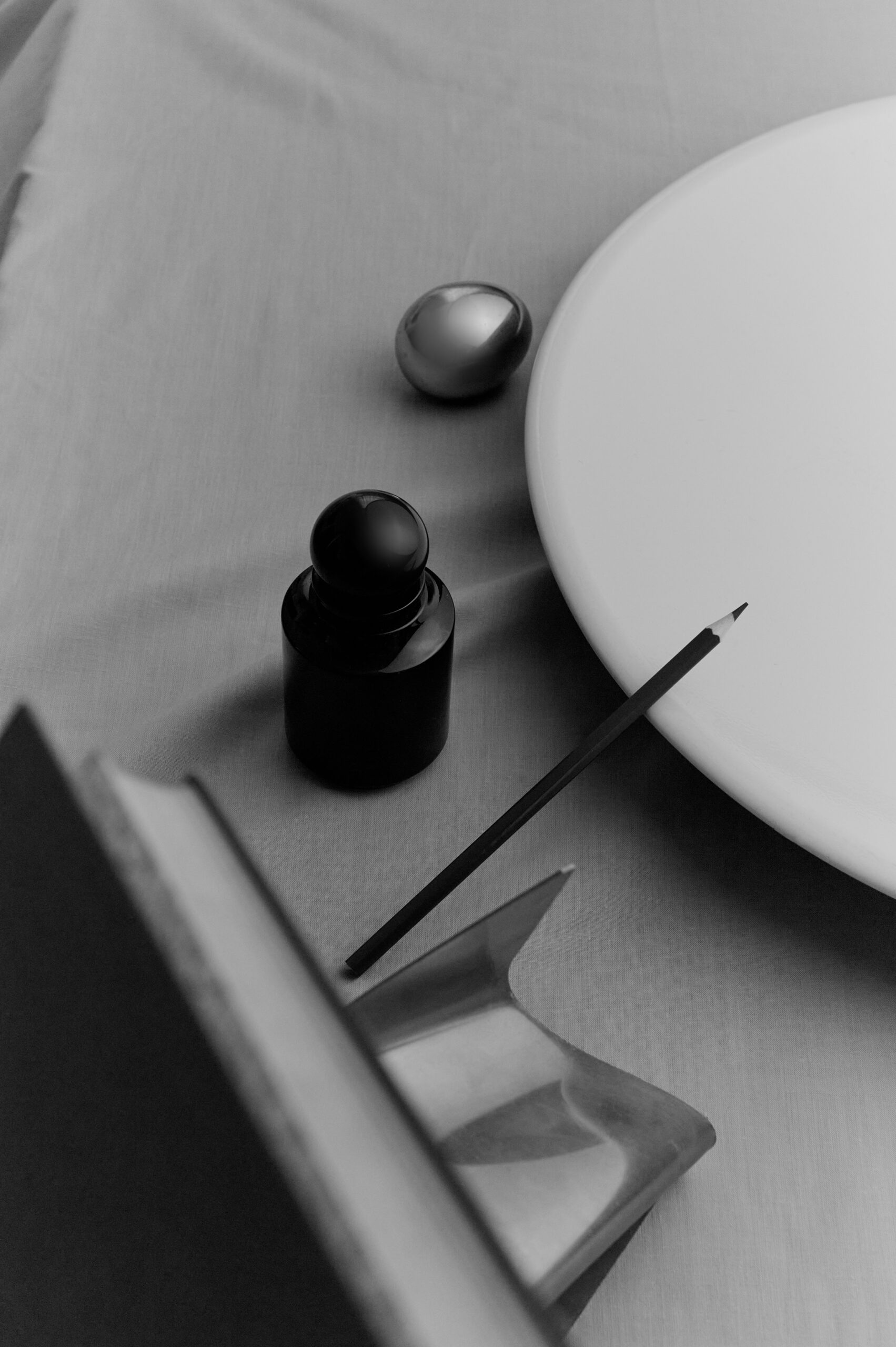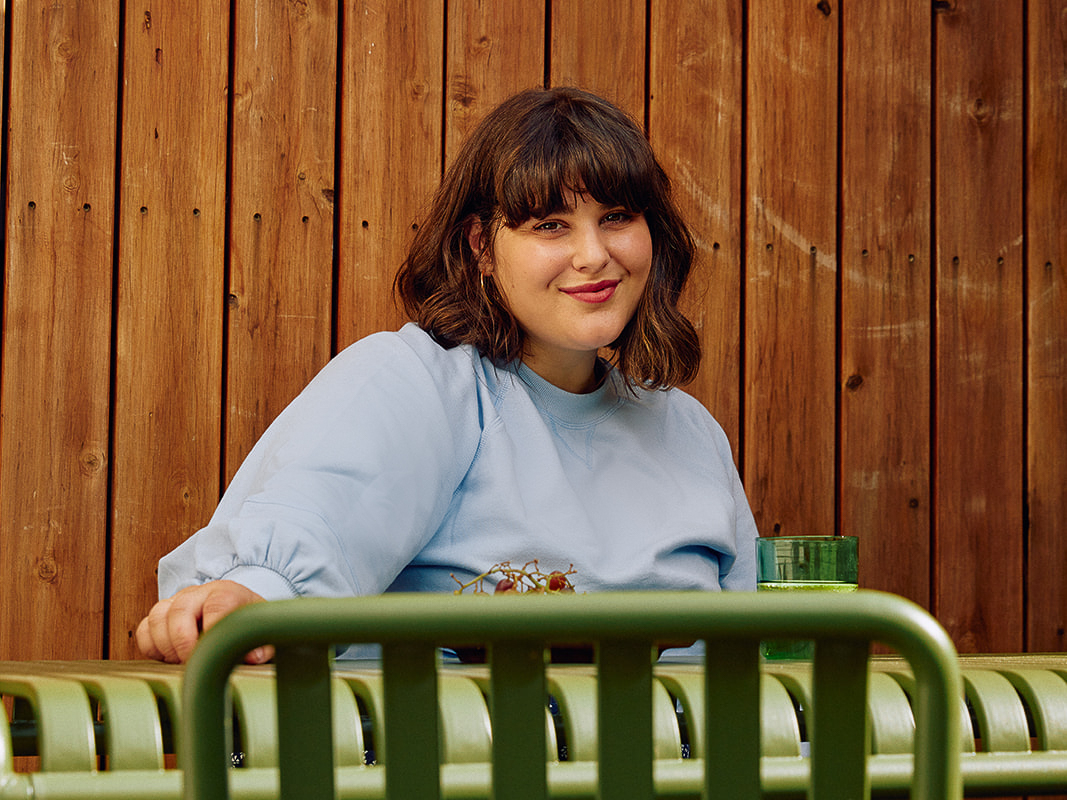How To Get a Job In Fashion
Want to land a job in fashion? Whether it is fashion design, creative direction, styling, production, sales, buying or any of the other multitude of jobs available in the fashion industry, we’ve got the information you need to get a fashion job.
Fashion is a huge, multi-billion dollar global industry with has many careers and roles that make it the huge global sector that it is.
Fashion is a business, and while you might be familiar with the most popular careers such as fashion design, trend forecasting, or fashion stylist or buyer, it is not just about creativity and designing beautiful clothes. There are legal and finance teams, people who are IT experts and logistics leaders; just about every field you can think of is involved in making the fashion industry what it is.
What fashion jobs are available?
To help you understand all of the different roles available in fashion, and in fashion in Australia, check out UMENCO’s job board, with jobs from across the Australian and global fashion industry available in design, styling, retail and fashion leadership.
Below, we have listed a summary of the most popular jobs in fashion:
Design
Fashion Design is not just a purely creative role – there are elements of fashion designing that are more technical and focused on commercial data. Whether you choose a more creative or commercially-focused design role, you will need a relevant design degree.
Below are a few examples of the types of jobs you might have as a fashion designer:
- Senior or Junior Fashion Designer – designs clothing and accessories for brands or company’s in-house, or the designer’s own fashion brand.
- Textile designer – designs unique artworks for textiles used in fashion design and fabrics.
- Fashion illustrator – creates conceptual sketches of an outfit, and may also sell or create original artworks for advertising and art collectors.
- Pattern Maker – technically trained, the pattern cutter or pattern maker turns the designer’s vision into a specification-accurate pattern for manufacturing.
- Garment technologist – A garment technologist or garment technician carries out tests fabrics for safety and quality.
Fashion Retail
Fashion retail professionals are the people that ensure that clothes sell. They are the bridge between the design room and the customer. Business or fashion business degrees are more useful than fashion design degrees for retail roles, although it is possible to enter a merchandising job or other retail role from the shop floor. Here are some popular jobs in fashion retail:
- Fashion buyer – decides which products a retailer will sell.
- Fashion merchandiser – people in a fashion merchandising job determine stock levels, sales and offers, with the goal of maximising a brand’s profits.
- Visual merchandiser – designs fashion window displays and store layouts to tempt people to buy.
- Boutique Manager – owns and manages a bricks-and-mortar boutique
Marketing
Fashion marketing is all about raising brand awareness and developing the brand’s perception and position in the market. You often need a degree for most fashion marketing roles. Key fashion marketing jobs include:
- Fashion PR/Marketer – works to increase and build brand awareness by creating advertising campaigns and working with publications and influencers to grow the brand’s audience.
- Copywriter – fashion copywriters craft copy for brand websites and newsletters, often writing product descriptions, fashion profiles, editorial articles, and call-to-action sales messaging.
- Social media manager – manages a brand’s social media accounts, creating content, scheduling and publishing content, and managing organic, paid and performance social ad campaigns.
- Influencer – in a paid partnership agreement with a brand, an influencer promotes a brand’s image by sharing images of them wearing the brand’s clothes with their followers.
Styling
Stylists make images, and the clothes in an image, look incredible. They are expert at sourcing pieces for outfit or for piecing the best looks together for a brand shoot or campaign. The two key stylist jobs are:
- Stylist – styles and direct outfits for catwalk shows, public appearances, photoshoots, concerts and more.
- Personal stylist/shopper – sources, styles, advises and dresses individuals or celebrities on personal style.
Editorial, or Fashion Journalism
Fashion publications are respected voices with large readerships both in print and online. You need a relevant degree to work in fashion journalism, and you will need a portfolio of writing or photography work.
Key fashion journalism and editorial roles include:
- Fashion writer – ideates, writes and edits across the latest news and trends for magazines and websites.
- Editor – curates and commissions articles and checks the accuracy and style of pieces.
- Graphic designer – designs the visual appearance of publications, from layout to titles.
- Fashion photographer – photographs fashion shoots for publications or for brand lookbooks and seasonal campaigns.
- Fashion blogger – writes about fashion on an online blog, which is funded by ads and affiliate links; often partners with brands.
"For a long time, I didn’t really know how to explain what I do, or how to put a job title against it...I just commit to the idea that I can only make the best call for myself at that time, and then go with it until it doesn’t serve me."
Yasmine Ganley
Fashion is a huge, multi-billion dollar global industry with has many careers and roles that make it the huge global sector that it is.
Remote Jobs in Fashion
If you are interested in a remote fashion job, you will find the most potential for remote work in the digital, eCommerce, and marketing fields, though even some design roles can now be carried out remotely.
"I like seeing things come to life. That satisfaction of having something that exists in your heart, your mind’s eye, or your gut, and then realising it into the world and having other people respond or resonate with it too, is joyful. It reminds me that we are all searching for togetherness."
Yasmine Ganley
"I like seeing things come to life. That satisfaction of having something that exists in your heart, your mind’s eye, or your gut, and then realising it into the world and having other people respond or resonate with it too, is joyful. It reminds me that we are all searching for togetherness."
Yasmine Ganley
How to get a fashion degree or qualification
Most universities offer a range of fashion degrees in different areas – but if you are specifically interested in a fashion designer job, you may be better off applying to a design school, like Central Saint Martins.
Advice for students and new graduates is to apply for lots of internships, search on job boards and with recruitment agencies, or reach out to people on LinkedIn to network and put yourself forward for potential jobs or mentorship.
"Be obsessed with what you do. Love it. Keep learning. Be kind. Be fluid. Lose your ego. Remember that this work is not serious. Always be over-generous and give ideas away.”
Yasmine Ganley
Advice for students and new graduates is to apply for lots of internships, search on job boards and with recruitment agencies, or reach out to people on LinkedIn to network and put yourself forward for potential jobs or mentorship.
What are the pros and cons of getting a job in fashion?
Pro: You can flex your creativity
Regardless of what you do in fashion, a fashion job will allow you to be creative in many different ways.
Pro: You will develop strong relationships with clients and teams
People who work in fashion are social and like to be connected. Most jobs in fashion mean you will create lasting, meaningful relationships with those around you.
What are the challenges of a job in fashion?
Con: Hard work and often long hours
Often roles in fashion require a lot from an individual, and there will be times when long hours and extra work are required to meet a deadline, to get a collection out on time, or to help a client or customer.
Con: low pay in junior roles
Often graduate or entry-level fashion jobs can often be poorly paid, compared to other industries like finance and tech jobs.
You may also have to undertake a series of unpaid internships before you get your first paid job in fashion.
Which ‘soft skills’ are required for a job in the fashion industry?
You need to be able to think creatively, but also communicate your ideas effectively. You need to be able to understand how to work with a communicate to a variety of different people and personalities in order to work towards a shared goal or outcome.
"It is always in the moments where I think 'I should be working but I’m just going to do this instead,’ that I have lightbulb clarity on something that I couldn’t work out."
Yasmine Ganley
"It is always in the moments where I think 'I should be working but I’m just going to do this instead,’ that I have lightbulb clarity on something that I couldn’t work out."
Yasmine Ganley
Sustainable fashion: how to create change in the fashion industry?
Fashion is a polluting industry. Fashion is purchased and discarded at record speed, but clothes take decades to break down. On average, people wear a garment only seven times before throwing it away. Fashion has a waste problem, and there are many opportunities for people to create change and fix the problems facing the industry.
Starting a fashion job gives you a chance to improve the practices in the fashion industry. Find jobs in companies that are driving change.
The industry is changing and so many companies either exist to help this issue or are pivoting to change it.
There are lots of businesses using sustainable processes and new business like renting clothes instead of purchasing them are creating change.
While it is hard to be selective as a recent graduate, the more you look for work that connects with your values, the more likely you will be to reach your ambitions.
How to pivot and re-study for a job in the fashion industry
The fashion industry holds many roles, and often you don’t need a tertiary level degree to begin. A great place to start is to learn the fundamentals of fashion design, like colour theory and fabric sustainability.
To discover more jobs in fashion, read through fashion job advertisements, which will teach you about what is required for certain types of work.
Final thoughts
There are many opportunities available in the fashion industry, both in Australia and on a global scale. It is a competitive industry, but it is a very rewarding one, and with the right attitude qualifications and by working with fashion recruiters to help you find your dream job, you will build a creative and fulfilling career in fashion.




